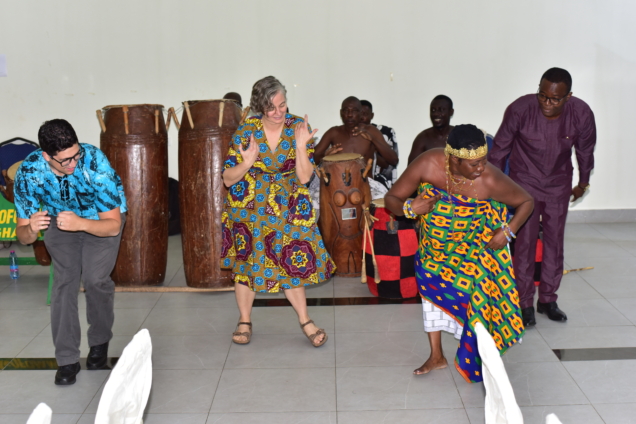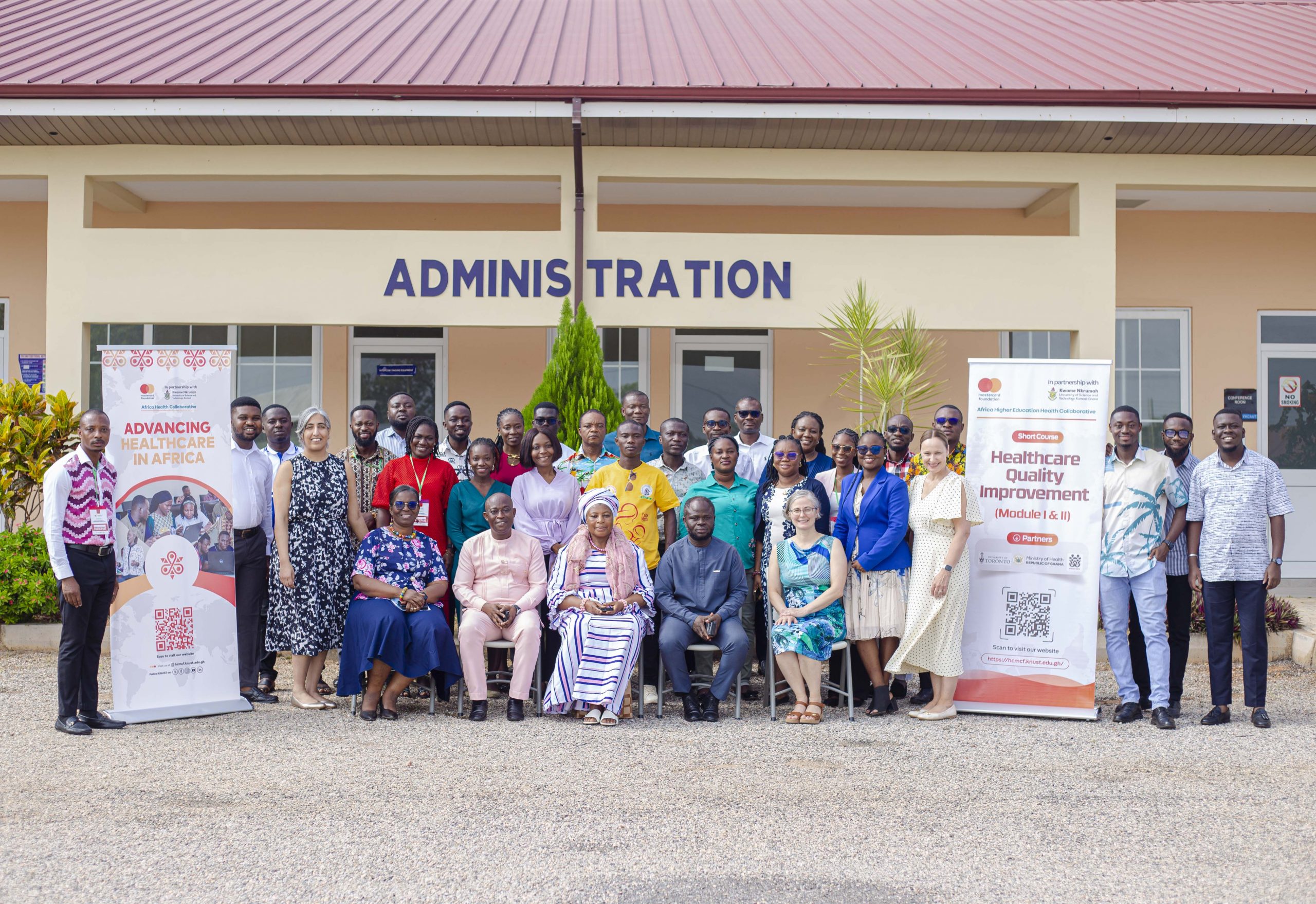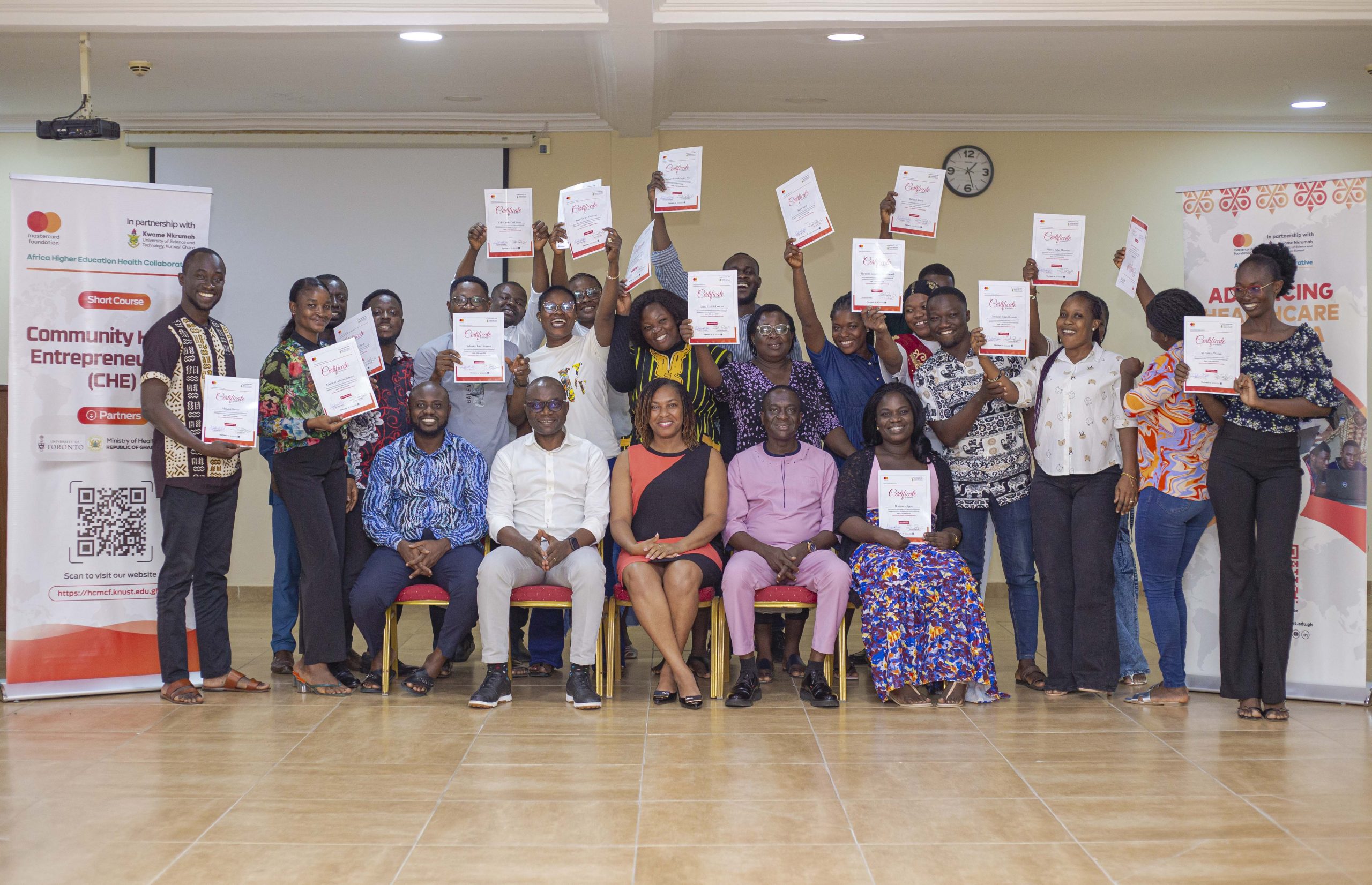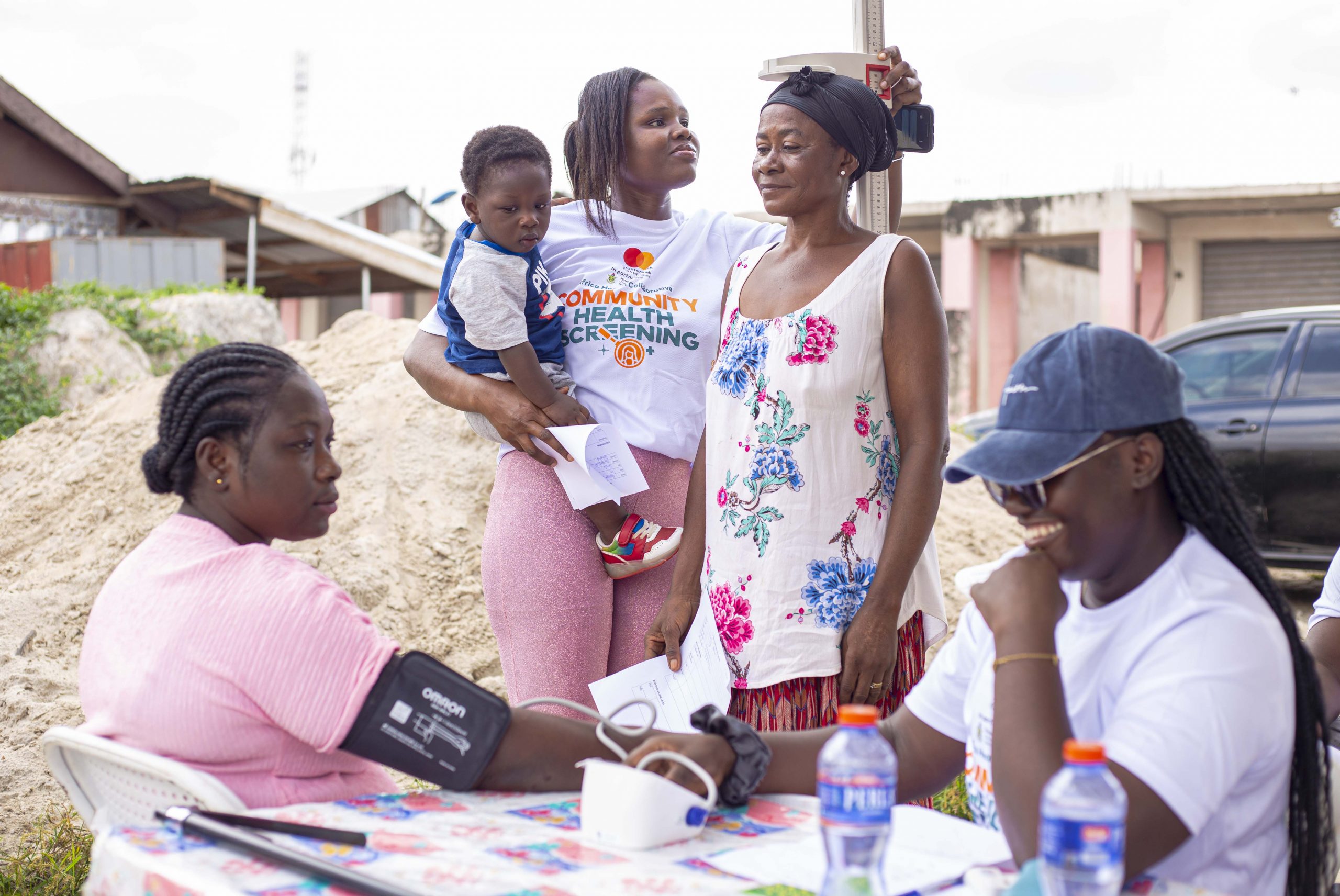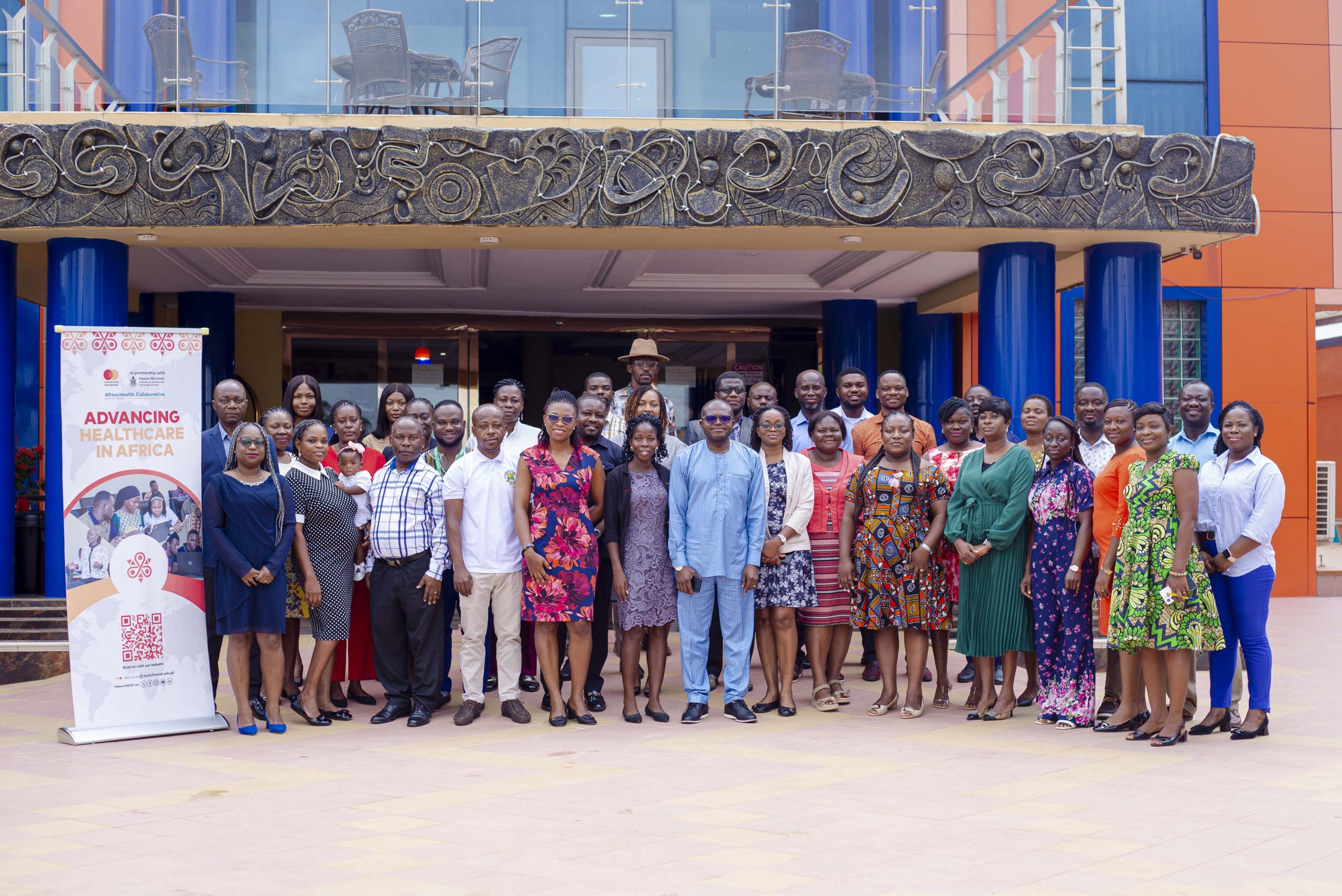In a University of Toronto news article delineating the virtue of co-creation in catering for the primary healthcare needs of Ghana, Principal Investigator, Africa Higher Education Health Collaborative, KNUST, Prof. Ellis Owusu-Dabo drew inspiration from the mighty oak tree to summarize the partnership’s impact.
Though not a native plant of the sub-region, Prof. Ellis Owusu-Dabo wouldn’t hesitate to summon an analogy with the mighty oak tree when asked about the role of co-creation at Africa Higher Education Health Collaborative in strengthening Ghana’s primary healthcare system.
Indeed, in the past one and a half years, since Ghana’s primary health system responded to the Africa Health Collaborative call, there has been no volte-face.
At a time, when COVID-19 had already blew Ghana’s health system awry, moving to different parts of the country to announce the advent of the Collaborative’s prowess became crucial.
For stakeholders who had the opportunity of meeting the Collaborative team, the word, co-creation, was a melody they would take to sleep. After every meeting, they couldn’t help a sense of fulfilment in helping to shape up Ghana’s primary healthcare system.
Some few months down the line, several short courses were birthed. Courses in community emergency care, pre-hospital emergency care, quality improvement, palliative care and emergency preparedness for epidemic-prone diseases were made ready to be served.
The spirit of co-creation required, partners from the Department of Family and Community Medicine (DFCM) University of Toronto come down to share their insights with Ghanaian health workers.
The 35 faculty members have been glad to share in Ghana’s culture, actively partaking in cuisine and apparel and in the process showing care to our healthcare needs.
The course lead and head of DFCM’s Division of Palliative Care, Dr. Kirsten Wentlandt was overwhelmed with the partnership.
“It really has been a true experience that I’ll remember for the rest of my life,†she said.
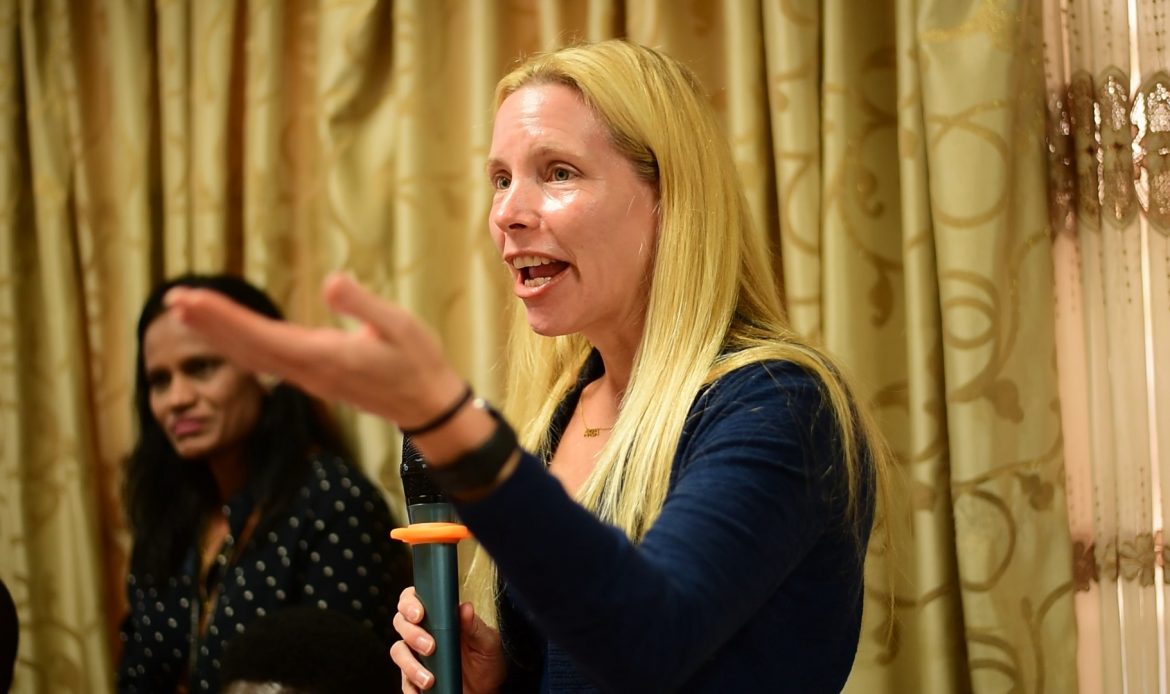
Turning to her right to look at Dr. Arti Singh of the KNUST School of Public Health, Dr. Wentlandt continued: “Arti has been an absolute pleasure. We prepared to put together the curriculum and with this wonderful team all over the roomâ€.
Provost of the College of Health Sciences, KNUST Prof. Christian Agyare put it well, during the closing ceremony of palliative care module 2 and quality improvement 2 when he emphasized the need for co-creation.
“We need to keep co-creating programmes to strengthen the bond of collaboration particularly between South-South, institutions,†he noted.
Perhaps, others might be tempted to liken the partnership to an indigenous flora like the Kapok tree (Ceiba pentandra) as it also flexes deep roots and strong branches, but who wouldn’t pick the oak if they can seamlessly hear ‘Oakreation’ as co-creation?
